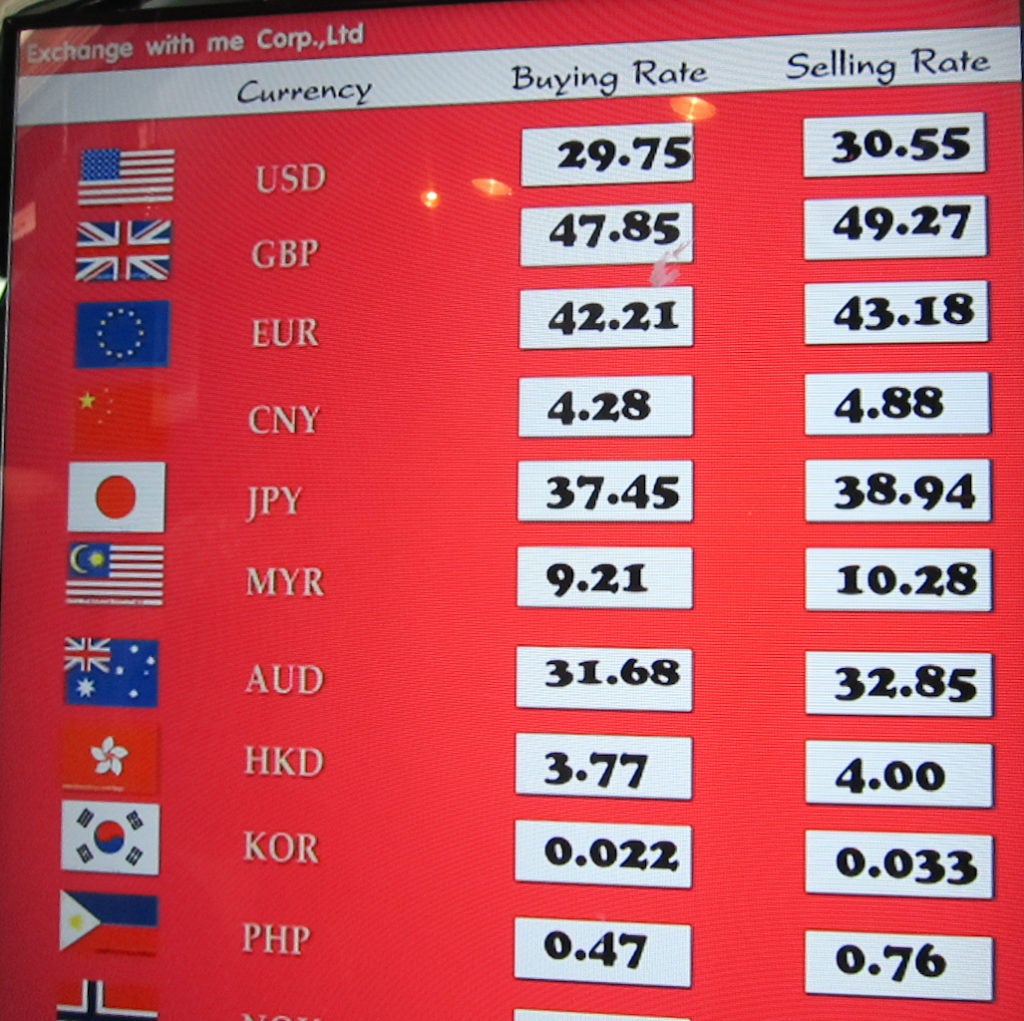By Andrés Fernández, Daniel Hernaiz and Andrew Powell Most of the largest economies in Latin America have adopted inflation targeting [1]. A huge advantage of having such an anchor, and not relying on a fixed exchange rate to curb diverging expectations, is that the exchange rate is then determined by the market and can adjust to shocks. Given the large shocks the region has … [Read more...] about Interest Rates are Falling, But Not So Fast
Searching for a New Macroprudential Framework
The policy of quantitative easing led by advanced economies and the subsequent surge of capital flows to emerging economies (EMEs) after the global financial crisis together with their recent reversal have highlighted the need to tailor a macro approach for EMEs that incorporates financial stability as an explicit policy target. But what should the approach be? Should it take … [Read more...] about Searching for a New Macroprudential Framework
Confronting the Risks of Corporate Debt in Latin America
Beginning in the early 2000s, corporations in emerging economies began to massively increase their borrowing in international capital markets. The reasons why this occurred are not completely clear though they most likely involve low interest rates globally and the search for higher yields by international investors. In any case, the surge was dramatic: between 2004 and 2014, … [Read more...] about Confronting the Risks of Corporate Debt in Latin America
Riding the Commodities Roller Coaster in Latin America
Commodity booms and busts are nearly as old as the discovery in Latin America of copper, coal and oil. But after the exhilarating rise of commodity prices during 2004-2012, the most recent descent, with its painful manifestations of contracting economies, fiscal deficits, currency depreciations and inflation, has struck the region particularly hard. But how hard? And why? A … [Read more...] about Riding the Commodities Roller Coaster in Latin America
Have Latin American Countries Become More Competitive?
Over the last two years, Latin America has experienced significant movements in nominal exchange rates. Between June 2014 and October 2015, most of the larger countries in the region —including Argentina, Brazil, Colombia, Chile, Peru and Uruguay — saw nominal depreciations of at least 15 percent. The Brazilian Real lost more than 42 percent of its value vis-à-vis the US … [Read more...] about Have Latin American Countries Become More Competitive?





